<p><strong>Israel-Iran Conflict: </strong>Tensions between Iran and Israel have erupted into open conflict, marked by airstrikes, drone attacks, and fears of a wider regional war. What began as a cold standoff rooted in nuclear ambitions and ideological rivalry now threatens to ignite the Middle East — and the world is watching.</p>
<h3><strong>A Sudden Escalation: Operation Rising Lion</strong></h3>
<p>In a major escalation, Israel has launched a sweeping military operation against Iran, targeting what it claims are nuclear facilities in a “pre-emptive strike.” Dubbed ‘Operation Rising Lion’, the offensive began on the night of June 12 with a coordinated air assault involving nearly 200 fighter jets. Explosions rocked Tehran and other major Iranian cities, with reports of several nuclear scientists and military officials killed, according to BBC News.</p>
<p>Israeli Prime Minister Benjamin Netanyahu, in a televised address, described the attack as a “decisive moment in Israel’s history,” reiterating that Iran’s nuclear programme poses an existential threat. In retaliation, Iran launched more than 100 drones towards Israeli territory, most of which were reportedly intercepted. With both nations on high alert, world leaders have urged restraint to prevent further escalation.</p>
<h3>From Allies to Adversaries: A Historical Rift</h3>
<p>Though their relationship today is marked by hostility, Iran and Israel were not always adversaries. Before 1979, under the pro-Western Shah Mohammad Reza Pahlavi, Iran was among the few Muslim-majority countries to quietly engage with Israel. The two states cooperated in trade, intelligence, and agriculture — united by strategic concerns in a predominantly Arab region.</p>
<p>That changed dramatically with the 1979 Islamic Revolution. The Shah was overthrown, and Ayatollah Ruhollah Khomeini ushered in a theocratic regime that denounced Western influence and labelled Israel a “Zionist entity.” Since then, Iran’s foreign policy has been sharply anti-Israel, a position reinforced through its support for militant groups like Hezbollah and Hamas, which Israel designates as terrorist organisations.</p>
<p>Since the revolution, Iran has positioned itself as a champion of the Palestinian cause, providing financial and military support to groups like Hezbollah in Lebanon and Hamas in the Gaza Strip — organisations that Israel considers terrorist outfits. The ideological hostility has only grown, fuelled by Iran’s ambition to expand its regional influence and Israel’s determination to curb it.</p>
<h3><strong>The Nuclear Flashpoint and Regional Fallout</strong></h3>
<p>At the heart of the current crisis lies Israel’s fear that Iran is nearing the development of a nuclear weapon — a red line it has long vowed to prevent. Israel’s latest airstrikes reportedly targeted uranium enrichment facilities and military sites suspected of aiding Iran’s nuclear programme.</p>
<p>Iran insists its nuclear ambitions are peaceful, aimed at civilian energy and medical applications. But its lack of transparency and refusal to allow comprehensive international inspections have alarmed Israel and its allies, particularly the United States. Over the years, Israel has been linked to sabotage efforts, cyberattacks like the infamous Stuxnet virus, and the assassination of Iranian nuclear scientists.</p>
<p>Iran responded to the latest attacks with drone strikes and vowed to continue its nuclear development. It has also signalled intent to deepen ties with regional actors opposed to Israel, raising fears of broader proxy conflicts.</p>
<p>Despite the regime’s hardline rhetoric, public sentiment in Iran is more nuanced. Many Iranians, particularly the youth in urban areas, are more concerned with economic challenges and social freedoms than foreign policy. With greater access to global media, there is a growing disconnect between the government’s ideological stance and popular opinion.</p>
<p>Meanwhile, Israel fears encirclement by Iran-backed militias — a strategy it calls the “ring of fire”. The stakes extend far beyond missile strikes; the danger lies in a potential cascade of proxy wars, global cyberattacks, and regional diplomatic collapse.</p>
<p>With countries like India and others calling for calm, the international community must tread carefully. This is no longer a bilateral standoff — it is a flashpoint with the potential to engulf the region and destabilise global geopolitics.</p>
<p>In the absence of clear off-ramps, the Iran-Israel confrontation remains one of the most volatile and dangerous conflicts in the world today.</p>
<p><strong><em>Kirti Pandey is a senior independent journalist.</em></strong></p>
World
Why Iran, Israel Are Locked In A Dangerous Conflict And What It Means For The World — EXPLAINED
by aweeincm
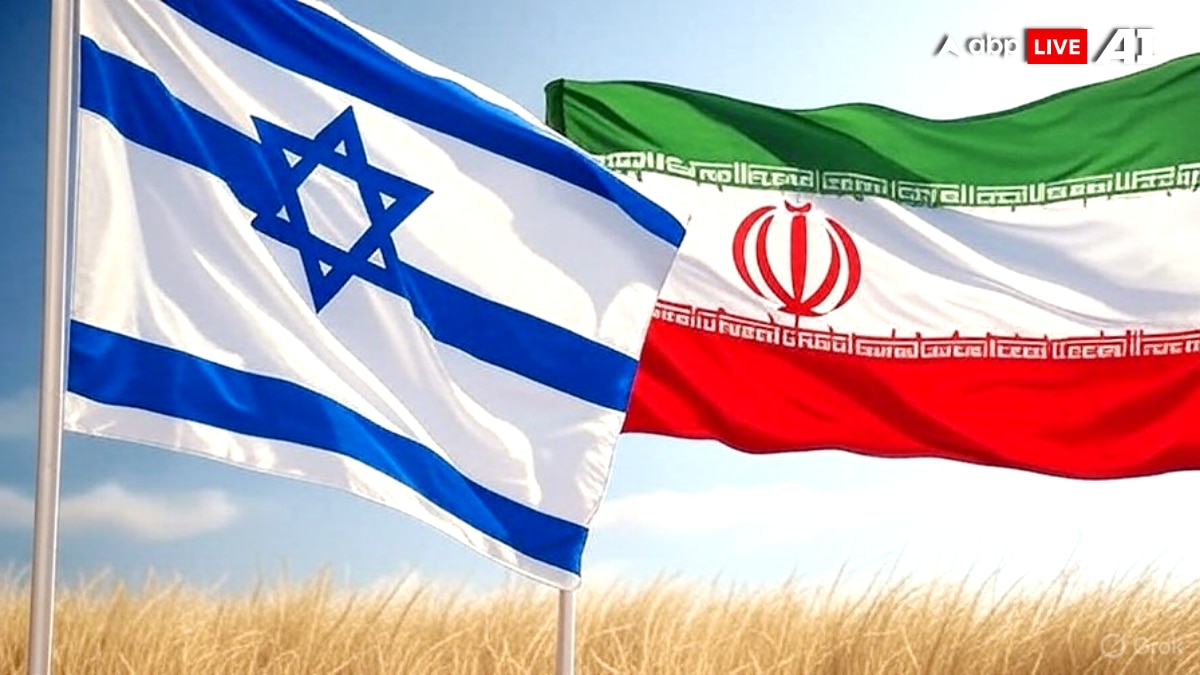
Recent Post
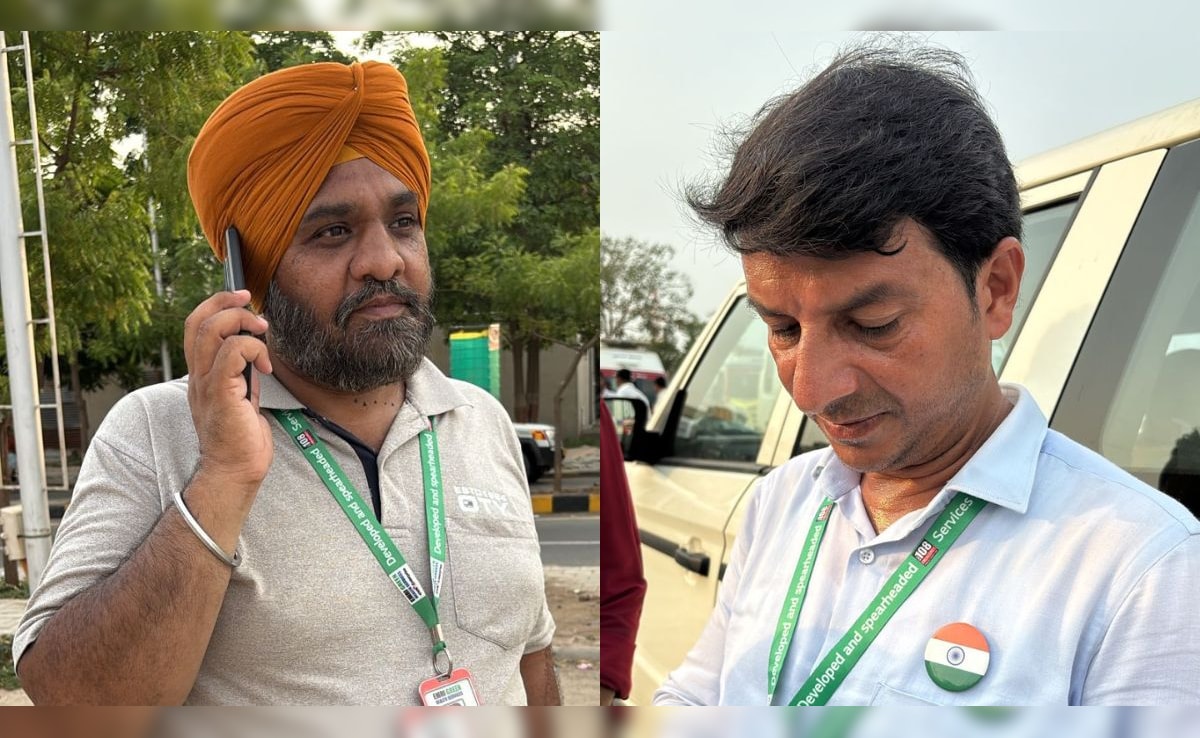
1st Responder Was Having Lunch At Hostel Where Air India Plane Crashed
An ambulance driver saw the lone survivor of the crashed ... Read more
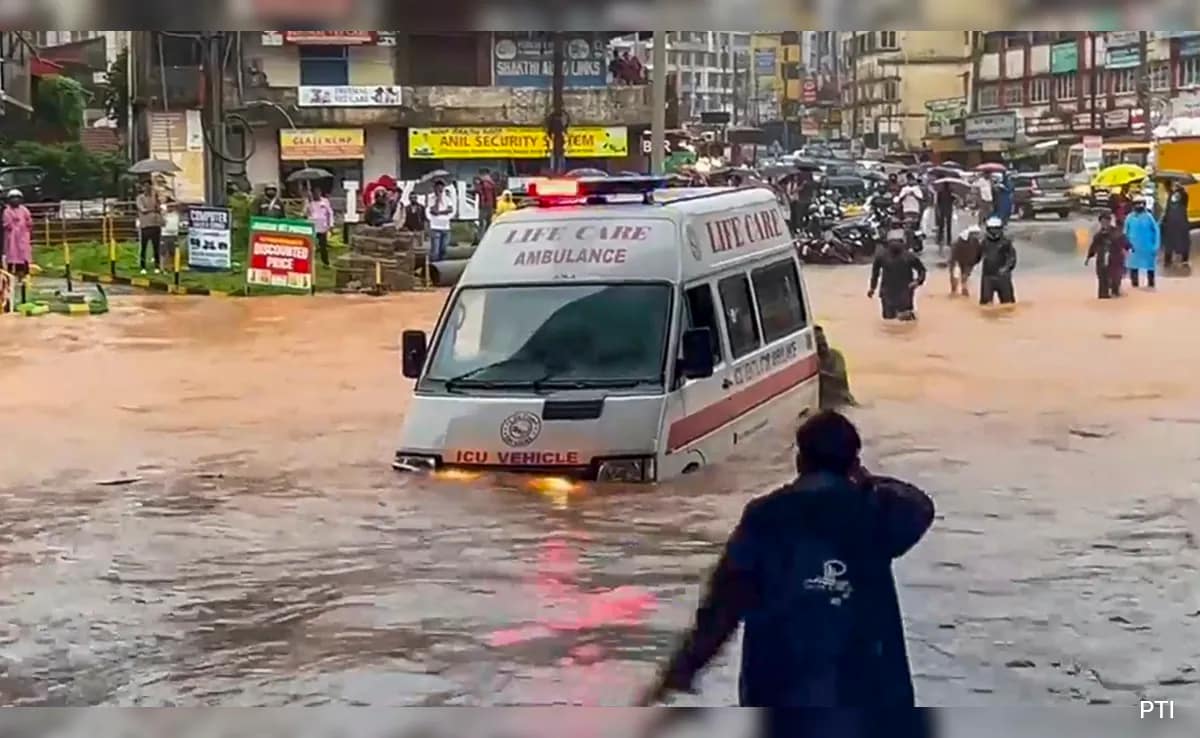
Heavy Rains In Coastal Karnataka Disrupt Normal Life, Red Alert Till Sunday
IMD has issued a red alert for coastal Karnataka, including ... Read more
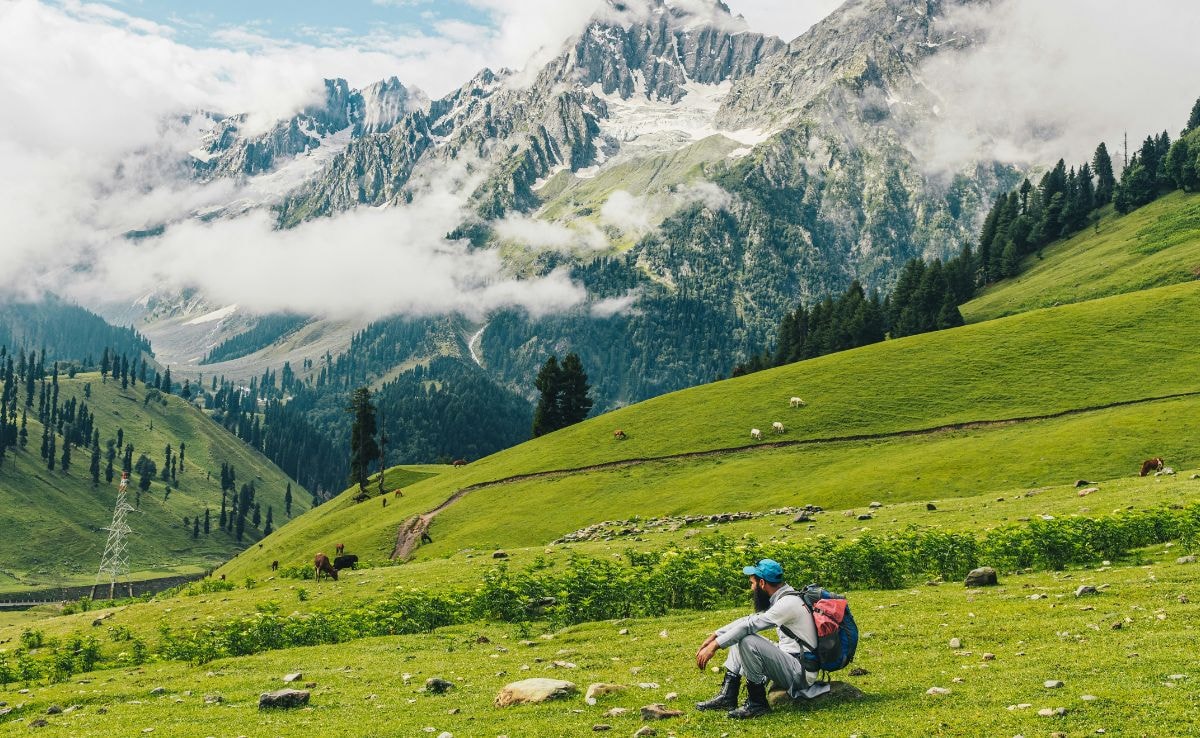
2 Months After Pahalgam Attack, J&K Tourist Spots To Start Reopening From Tuesday
Jammu and Kashmir Lt Governor Manoj Sinha has announced the ... Read more
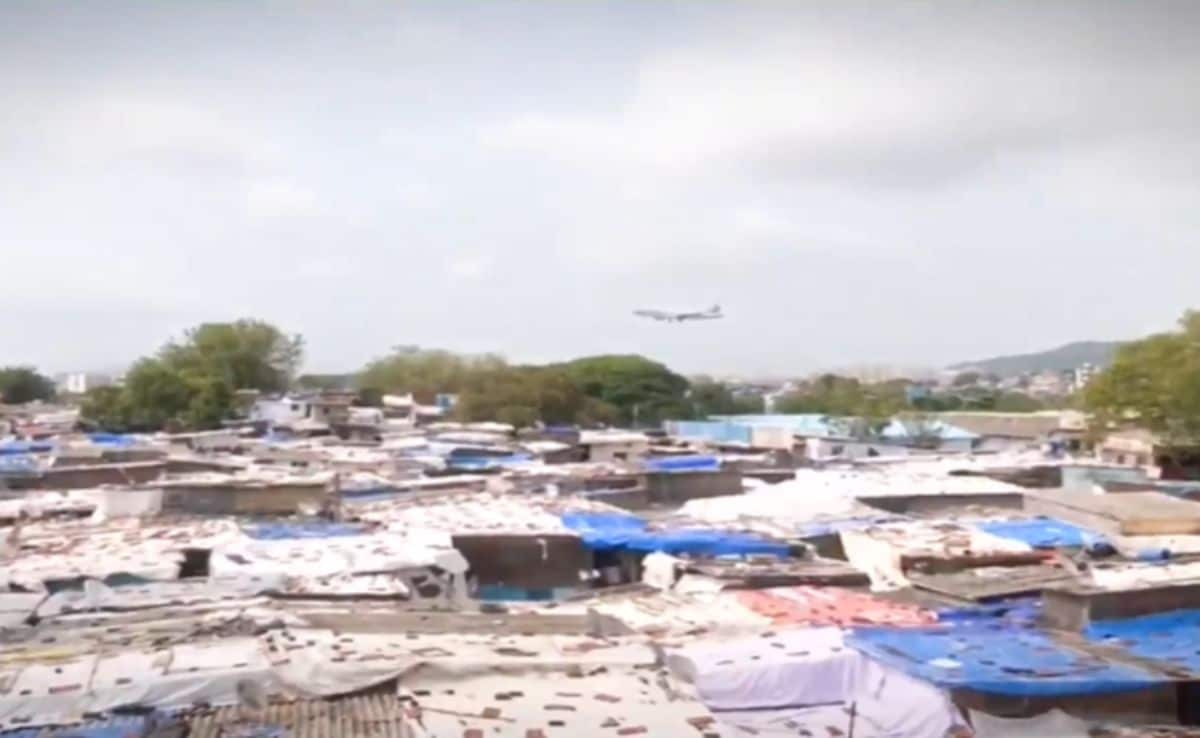
“Where Do We Go?” Ahmedabad Crash Strikes Fear In People Living Near Airports
Densely populated areas are located around airports in many cities ... Read more